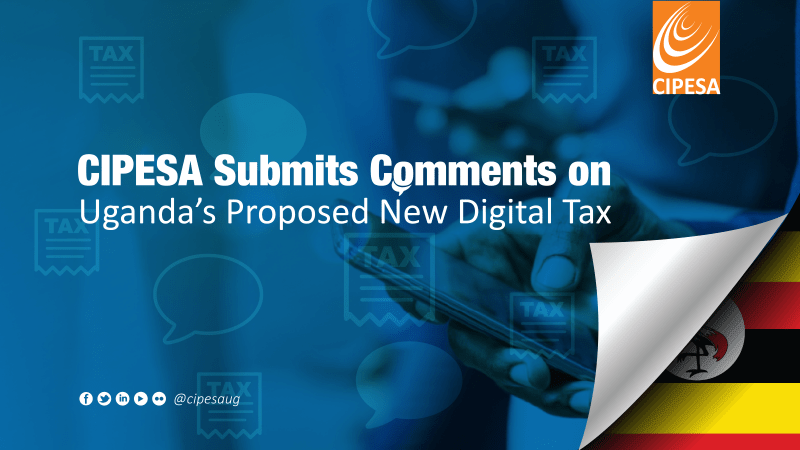By Lillian Nalwoga |
The East African region is on the cusp of a digital revolution, with significant strides being made in digital trade and payments. This is driven by remarkable growth in internet penetration, mobile money services, and the adoption of emerging technologies like 5G and Artificial Intelligence (AI).
Further, initiatives such as the African Continental Free Trade Area (AfCFTA) and the East African Community (EAC) e-Commerce Strategy are laying the groundwork for a thriving digital economy. The World Bank projects digital services exports from Africa to reach USD 74 billion by 2040, highlighting the immense opportunity at hand. Despite these strides, there are several key challenges that need to be addressed to fully unlock the region’s digital potential.
In this brief, the Collaboration on International ICT Policy for East and Southern Africa (CIPESA) outlines barriers to digital trade and presents key policy recommendations for promoting a human rights-based digital economy in the region.
According to the brief, the key barriers hindering the advancement of digital trade in East Africa include:
- Limited Digital Infrastructure and Internet Access: While mobile internet penetration is growing, issues like internet subsea cable cuts, network disruptions, low digital literacy, and low affordability persist. Uneven distribution of infrastructure, high deployment costs, and slow adoption of new technologies further exacerbate the digital divide.
- Fragmented Approaches to Digital Economy Taxation: Differing digital service taxes (DST) across countries create complexities and may impede innovation and cross-border trade. Kenya, Uganda, and Tanzania all levy DST, with Kenya’s rate being the highest in the region.
- Data Governance and Privacy Concerns: While some countries have adopted data protection laws, harmonise action is lacking. Issues like data localisation requirements and the need for a comprehensive regional approach to data privacy and management remain.
- Limited Local Data Centres: The region has a limited number of data centres, which hinders data localisation efforts and the advancement of AI and other data-intensive technologies. Restrictive regulatory frameworks in some countries further complicate the use of cloud solutions.
- Rising Cybersecurity Threats: Cyber risks are a major concern, with increasing cyber attacks targeting various sectors. Cybercrime laws, while necessary, sometimes contain vague provisions that can be used to curtail online freedoms.
To overcome these challenges and fully leverage the digital economy, the policy brief offers several key recommendations:
- Embrace Digital Transformation and Connectivity: Invest in robust networks, backup systems, and address single points of failure in internet connectivity.
- Implement Robust Cybersecurity Frameworks: Prioritise investments in cyber infrastructure, skilling, and awareness.
- Recognise Data as a Trade Enabler: Ensure trade agreements prevent unnecessary restrictions on data flows and adopt balanced data localisation policies.
- Harmonise Data Protection Standards: Reduce compliance costs and build trust by harmonising data protection standards across the region.
- Build Robust Digital Infrastructure: Focus on Digital Public Infrastructure (DPI), data policy, privacy, and protection.
- Speed up the Adoption of the EAC Data Governance Policy Framework: Secure resources for its implementation.
- Assess and Address the Impact of Emerging Technologies: Ensure policies foster innovation while addressing ethical and legal challenges.
The East African region has the potential to become a major player in the global digital economy. By addressing the existing barriers and implementing these recommendations, the region can create a thriving digital ecosystem that benefits all its residents.
Read the full brief here.



